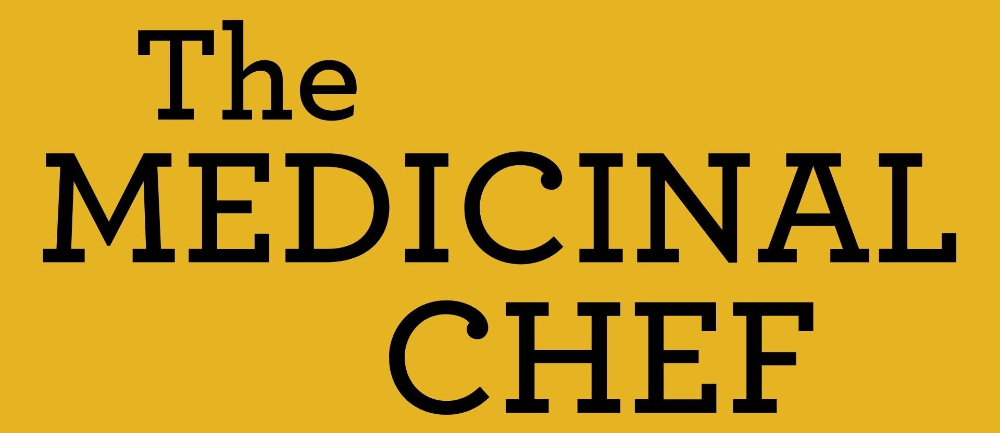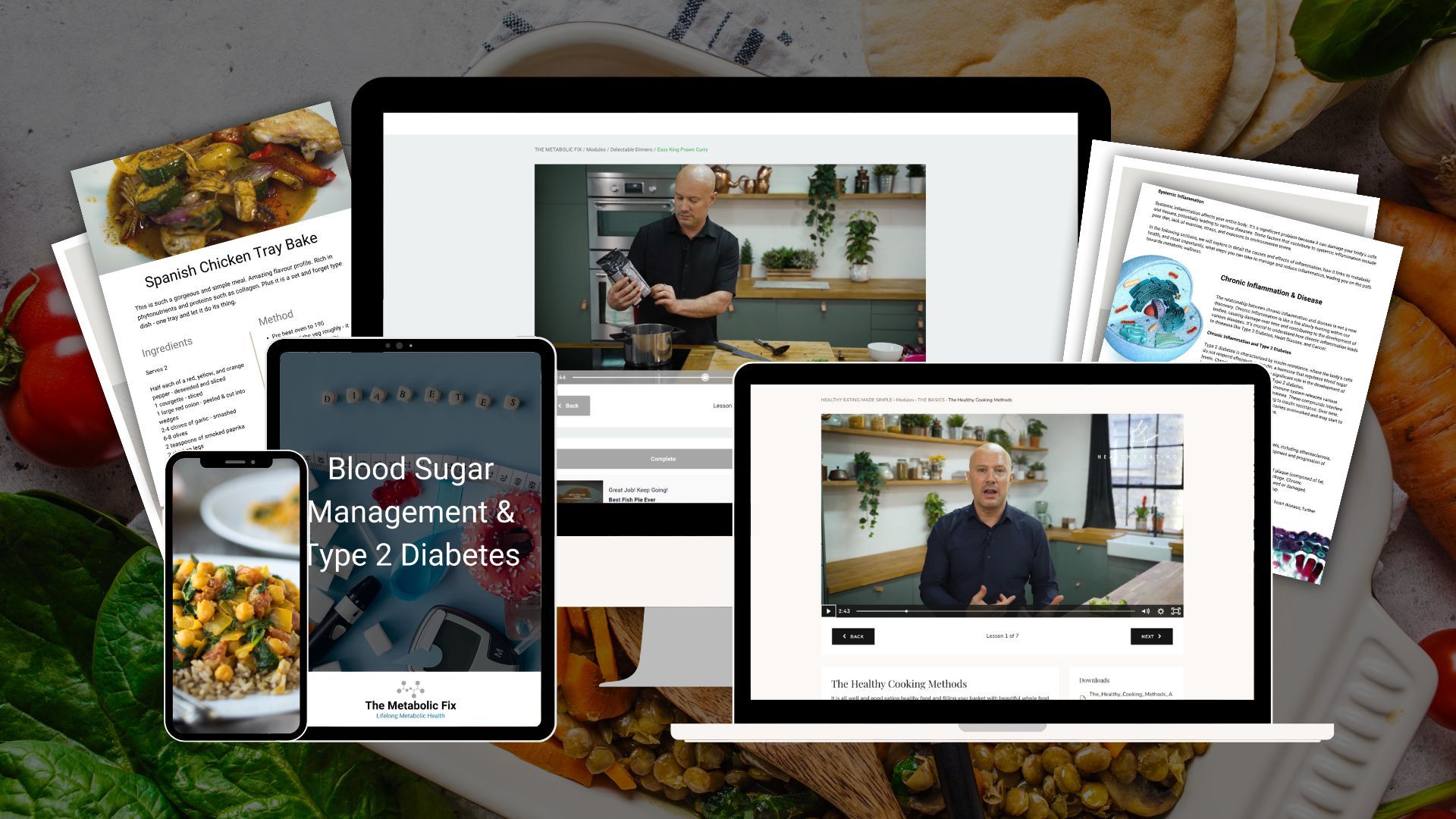Nutrition in the management of high blood pressure
Apr 06, 2023
High blood pressure, also known as hypertension, is a common health condition that affects millions of people worldwide. It is a significant risk factor for heart disease, stroke, and other health problems. While there are medications available to manage high blood pressure, nutrition can play a crucial role in managing blood pressure levels naturally.
In this newsletter, we'll explore the link between nutrition and blood pressure, and we'll share some tips on how to improve your diet to help manage your blood pressure.
The DASH Diet: The Dietary Approaches to Stop Hypertension (DASH) diet is a well-researched eating plan that has been shown to be effective in reducing blood pressure levels. The DASH diet emphasises whole foods, such as fruits, vegetables, whole grains, lean proteins, and low-fat dairy products, while limiting saturated and trans fats, sodium, and added sugars. Following the DASH diet has been associated with a reduction in blood pressure levels, as well as a lower risk of heart disease and stroke.
Limit Sodium Intake: Sodium is a mineral that can contribute to high blood pressure levels when consumed in excess. It's essential to limit your sodium intake by avoiding processed and packaged foods, which are often high in sodium. Instead, choose fresh, whole foods that are naturally low in sodium. I personally do love well seasoned food so i always use salt such as a good unrefined sea salt or a Himalayan salt. Whilst these DO have sodium in them, they are balanced out by other minerals such as potassium that reduce blood pressure so the effect is far more balanced.
Increase Potassium Intake: Potassium is a mineral that helps regulate blood pressure levels. Eating foods that are high in potassium can help lower blood pressure levels. Foods that are rich in potassium include bananas, avocados, spinach, sweet potatoes, and white beans.
Limit Alcohol Consumption: Drinking too much alcohol can increase blood pressure levels. If you choose to drink, do so in moderation. Men should have no more than two drinks per day, and women should have no more than one drink per day.
Reduce Caffeine Intake: While caffeine doesn't cause long-term high blood pressure, it can cause a short-term increase in blood pressure levels. If you're sensitive to caffeine, it's essential to limit your intake.
In summary, managing your blood pressure through nutrition involves following a healthy eating plan like the DASH diet, limiting sodium intake, increasing potassium intake, limiting alcohol consumption, and reducing caffeine intake. Making these changes to your diet can have a positive impact on your blood pressure levels and your overall health.




